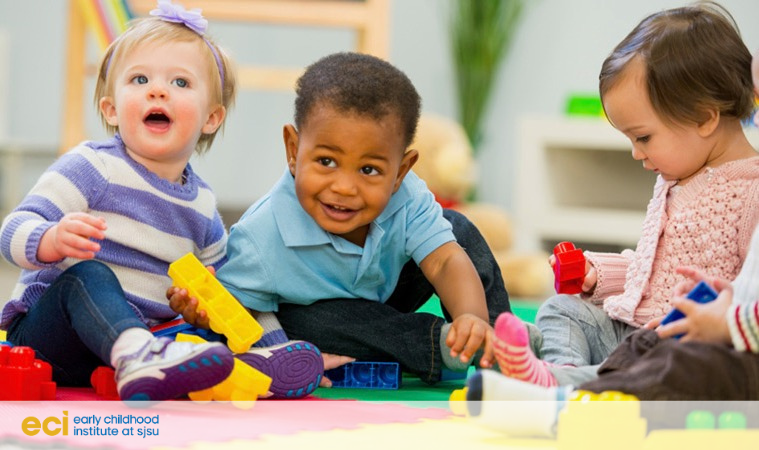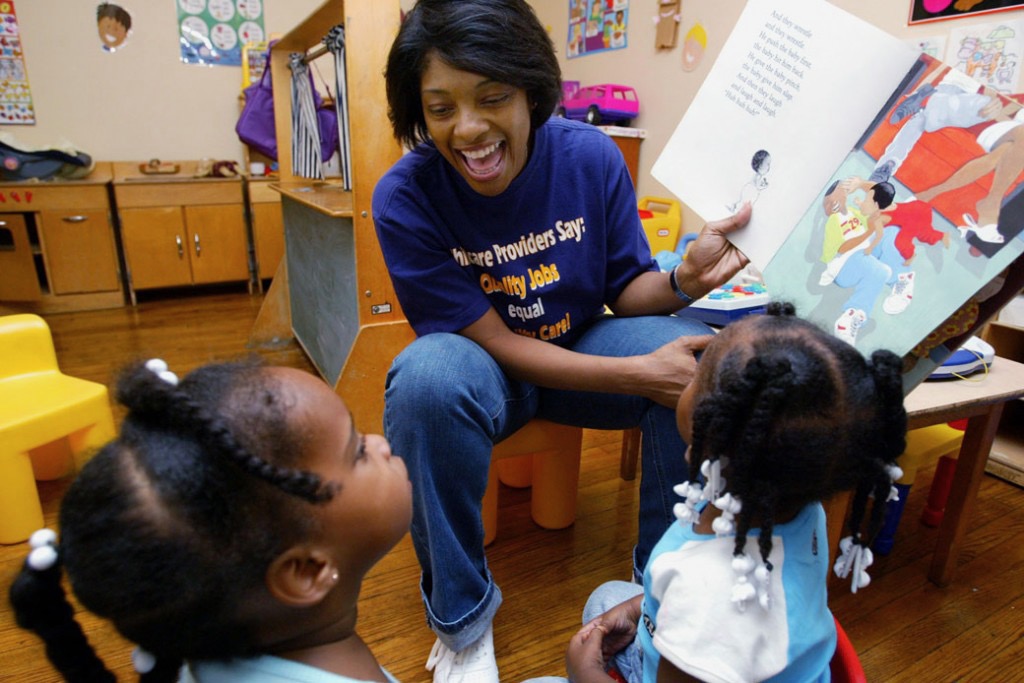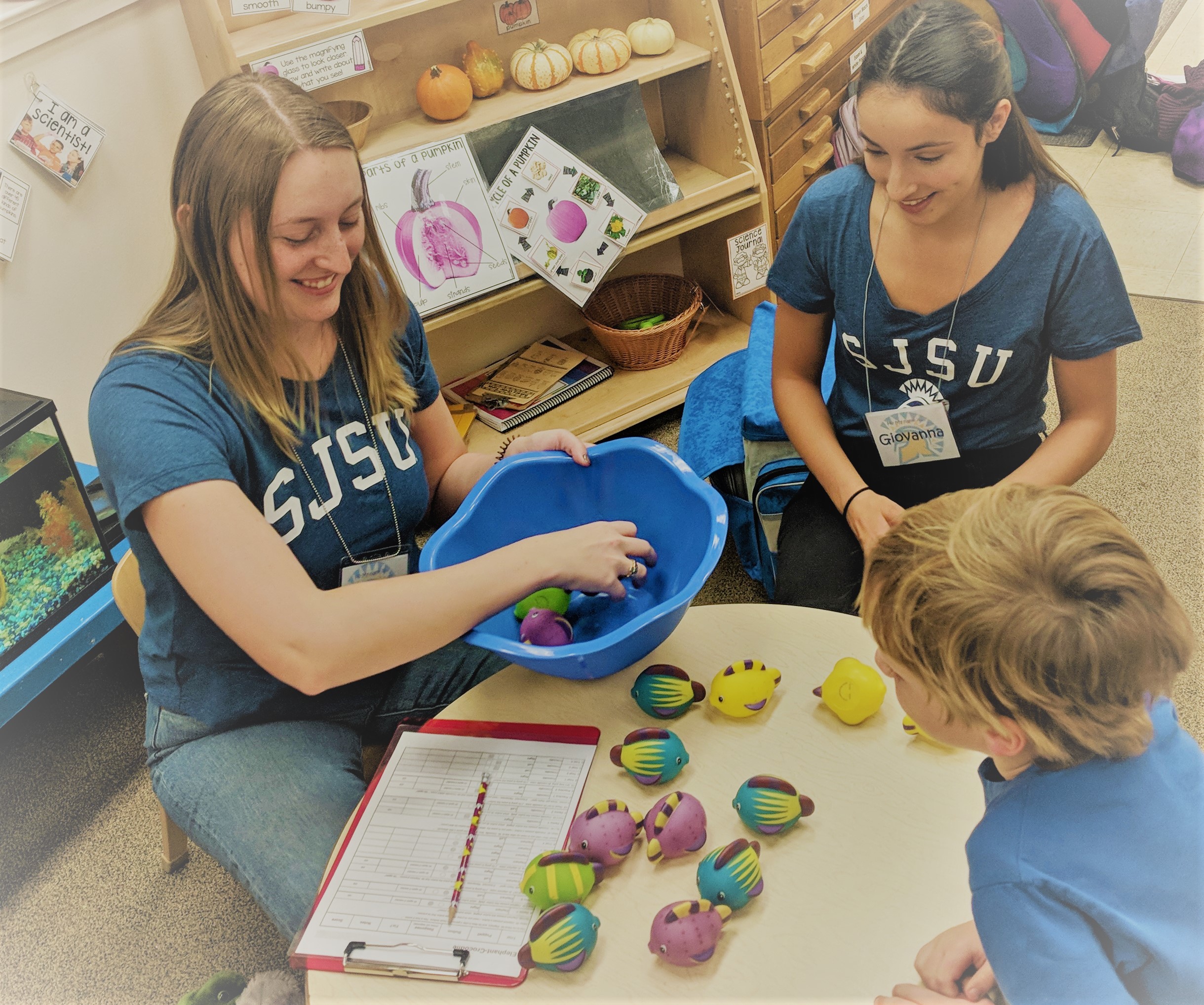PK-3 Early Childhood Education

Authorization
This credential authorizes the holder to teach all subjects in a self-contained general education classroom setting and to team teach or to regroup students across classrooms, in preschool through grade three. The English learner (EL) authorization provided through this credential aligns with the EL authorization that is earned upon completion of a Single, Multiple, or Education Specialist teaching credential program.


